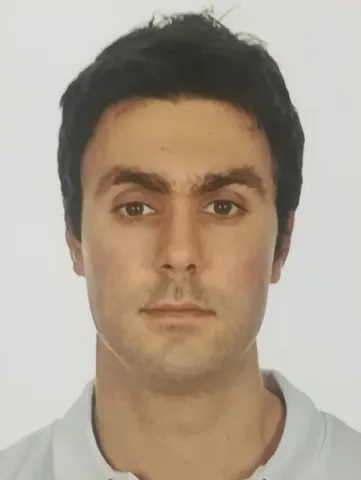About the project
This project aims at developing a novel idea of fibre optical multimode parametric amplification where four-wave-mixing between different fibre modes is exploited to amplify several modes in a wide bandwidth covering the main telecom windows (C+L bands). This is done through the design of novel optical fibres having special refractive-index profile.
Space Division Multiplexing (SDM) has recently emerged as a promising breakthrough technology to boost the data transmission speed of the Internet network to unprecedented levels. In SDM each spatial mode of an optical fibre carries an independent data channel, so that exploiting for example 10 modes can increase the data transmission speed up to 10 times.
However, in order to move from a pure academic research to a fully exploitable commercial technology, SDM requires the development of novel devices that must be urgently addressed. The most important are multimode optical amplifiers, capable of amplifying simultaneously several different spatial modes.
You will work at the Optoelectronics Research Centre of the University of Southampton, in the Multimode Photonics Group led by Dr. Massimiliano Guasoni. You will acquire a broad set of skills: from the theoretical understanding of light propagation in optical fibres, up to the numerical design of fibre amplifiers via computational tools and experiments carried out on multimode fibres fabricated in the cleanrooms of the University of Southampton.
You will have access to some among the best equipped laboratories and nanofabrication research facilities in the world, and to one of the most powerful supercomputers in UK. You will directly interact on a daily basis with world-leading scientists at the ORC that are revolutionizing the field of photonics, and you will have the opportunity to engage with several ORC industrial partners to increase the impact of your work.
Furthermore, you will present your work both in leading academic journals and in oral presentations at the most renowned conferences all over the world, which will allow you to engage with and learn from the best researchers worldwide.
The Optoelectronics Research Centre is committed to promoting equality, diversity, and inclusivity, as demonstrated by the school’s Athena Swan award. We welcome all applicants regardless of their gender, ethnicity, disability, sexual orientation or age. We take personal circumstances into account, and will give full consideration to applicants seeking to study part time. The campus has onsite childcare facilities.

